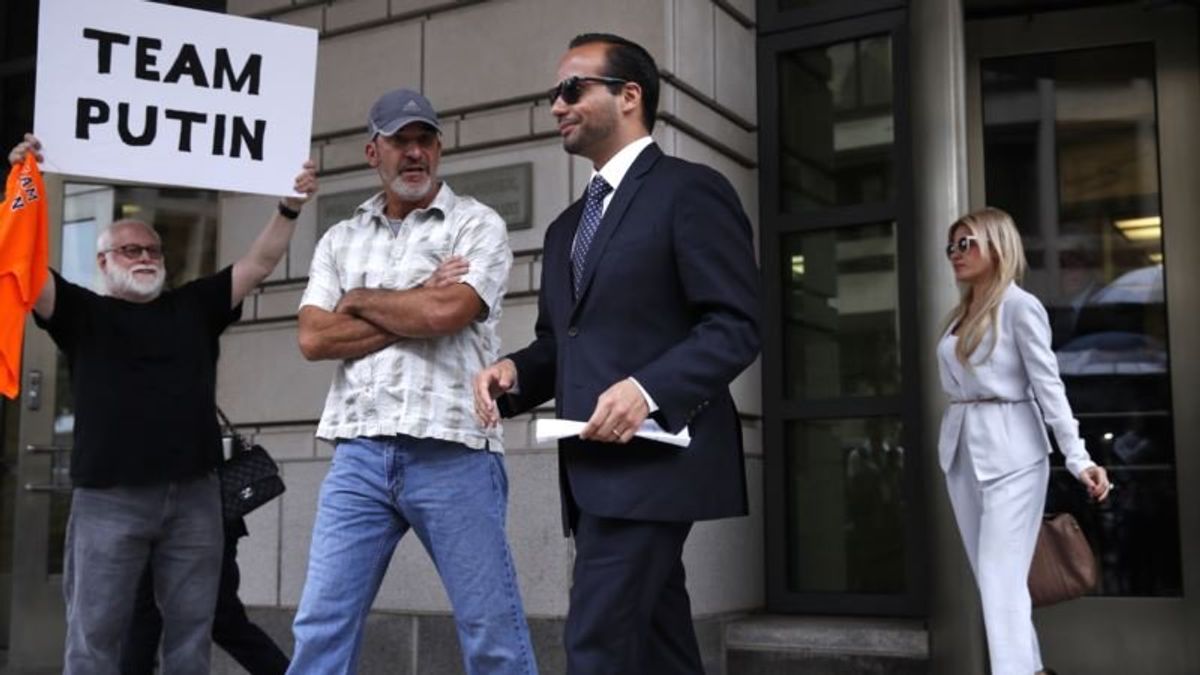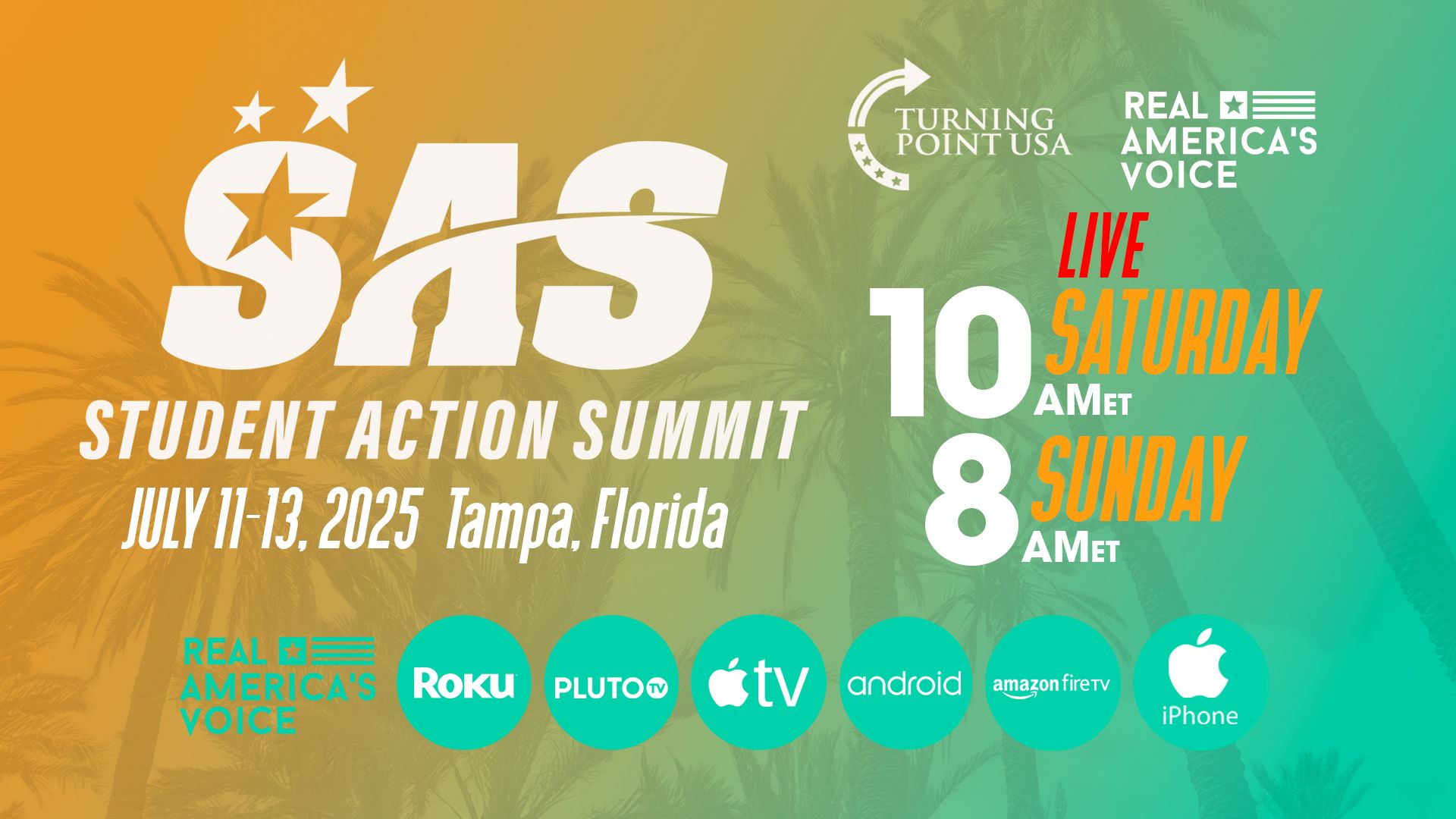
Report to Senate: Russia Used Every Major Social Media Platform to Help Trump Win
Report to Senate: Russia Used Every Major Social Media Platform to Help Trump Win

Russia used every major social media platform to target voters with misinformation to try to get Donald Trump elected president, according to a new report that was prepared for the U.S. Senate and seen by The Washington Post.
The report says Russians working for a group called The Internet Research Agency (IRA) began experimenting with social media to influence local elections in 2009 and expanded its operations to U.S. elections in 2013 using Twitter.
It gradually added other popular social media sites to its campaign, including YouTube, Facebook, and Instagram.
For the 2016 presidential campaign, the report says Russians attempted to stir up conservative voters to back Trump by stressing such issues as gun rights and immigration.
At the same time, the Russian operatives sent black voters messages and other information aimed at confusing them about the electoral process, including misleading information on how to vote.

Other groups, such as liberals, women, Muslims, Latinos, and veterans, were also targeted with similar messages either appealing to their politics or trying to discourage them from voting.
"What is clear is that all of the messaging clearly sought to benefit the Republican Party and specifically Donald Trump," the report says according to The Washington Post.
The newspaper says the report criticizes technology companies for what it calls their "belated and uncoordinated response" when the misinformation campaign was discovered and their delay in sharing information with investigators.
The report also warns that social media is morphing from what it says are tools for "sharing collective grievances and coordinating civic engagement," including in the Middle East, to threats to democracy from "canny political consultants" and "politicians in democracies and dictatorships alike."
The Post says Facebook and Google have not commented on the report. But Twitter says it has made "significant strides since the 2016 election to harden its digital defenses."
The United States has already leveled criminal charges against Russia's Internet Research Agency for interfering in the 2016 campaign.
Special Counsel Robert Mueller is investigating whether the Trump campaign colluded with Russia to influence the 2016 election and whether the president has tried to obstruct justice by trying to undermine the probe.
Trump denies there was any collusion and calls the Mueller probe a "witch hunt."
 Saudi Arabia Rejects US Senate Position on KhashoggiNext PostPartial US Government Shutdown Looms
Saudi Arabia Rejects US Senate Position on KhashoggiNext PostPartial US Government Shutdown Looms







